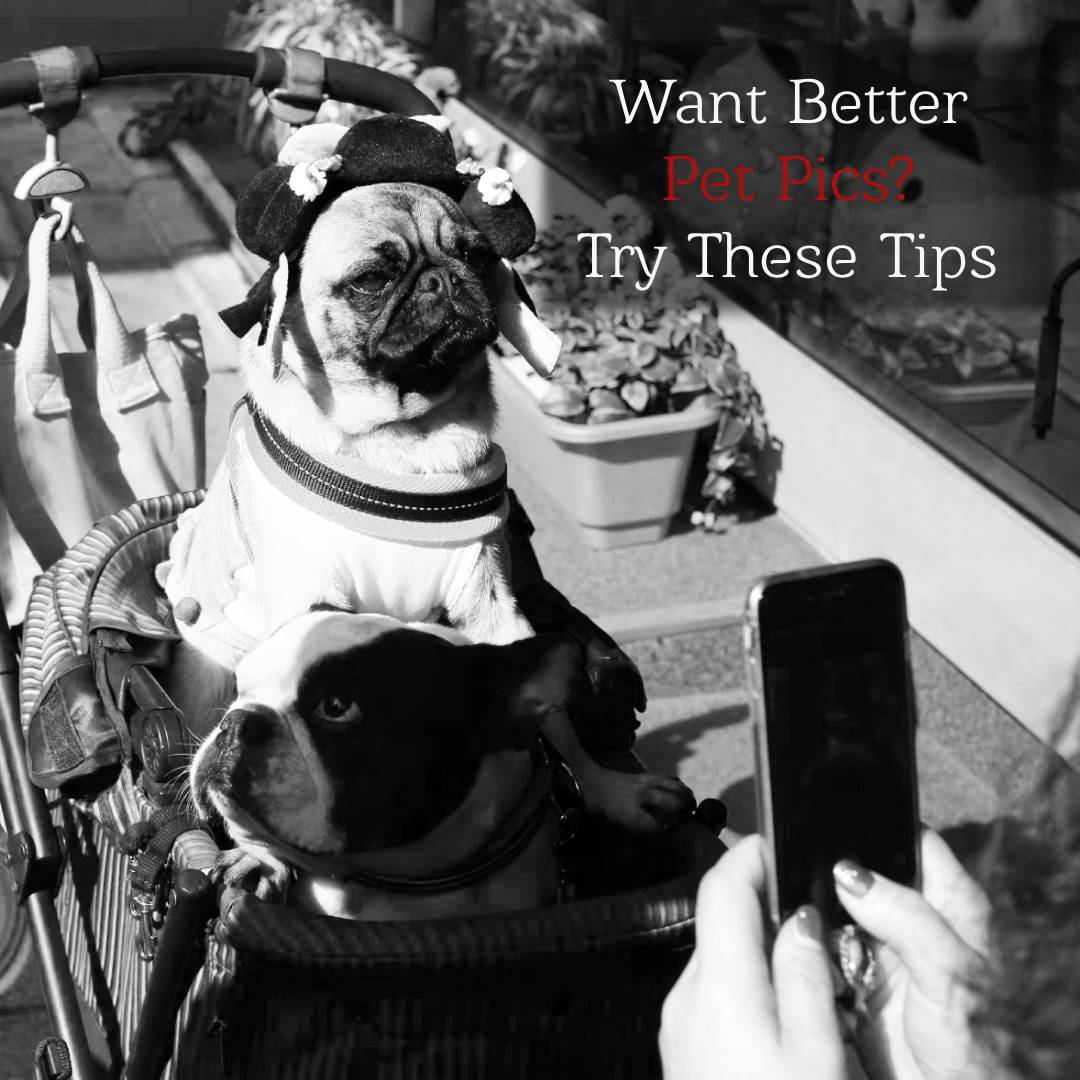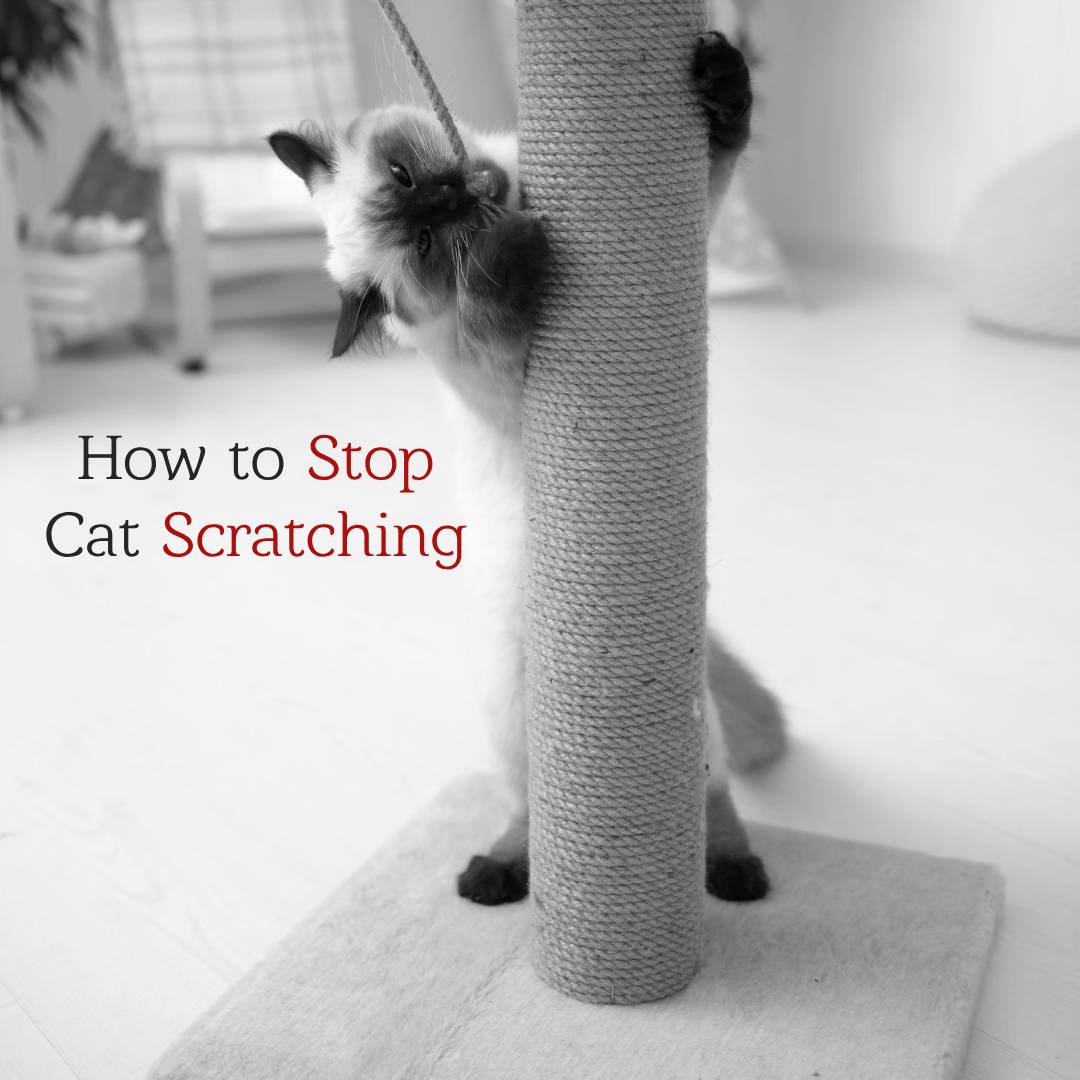Just as going to the doctor can be a nerve-wracking experience for us, vet visits can cause a lot of fear and anxiety in our pets. This is especially true if they are hurt or experiencing symptoms of an illness. But anxiety is no reason to avoid the vet.
Experienced veterinarians have dealt with all kinds of issues with pets and are prepared for every situation. And speaking of preparation, there are also simple things you can do to ease your pet’s anxiety.
- If your pet is particularly anxious when visiting the vet, it’s a good idea to let your vet know ahead of time so they can be prepared.
- Keep in mind that Covid has altered the protocol at most vet’s offices. Whereas you may have been welcomed in the exam room before, your regular vet or emergency vet may ask you to stay in the waiting room or even in your car. This helps protect the staff and maintain a safe environment.
- Keep yourself calm. As you probably know, your pets are often very in tune with your moods and feelings. The more they can sense your anxiety and fear, the more frightened they’ll be. Try to stay calm and reassure them with your energy.
- Bring along something that smells like you and home. Even grabbing a t-shirt or hoodie from the dirty clothes pile can be a good idea, especially if your pet may end up staying at the vet overnight. Animals are very smell-oriented, so having an item that smells familiar can be very comforting and calming to an anxious pet.
- Practice some of the routines around vet visits to get your pet used to it. Going in the crate, riding in a car and having new people simulate an exam might help insensitive them to these experiences.
- Choose the right vet. Not all vets are the same. So, take the time to do research to find the best regular and emergency vet practices near you. The more you and your pet like your vet, the calmer you’ll both be.
- Obviously, you don’t choose when you visit an emergency vet, but you can schedule appointments at your regular vet at strategic times. Going early in the morning may be best because there will be fewer smells of other animals.
- Before going to the regular vet, get your pet’s energy out with a long walk or some extra playtime. This way, they may be more relaxed when it’s time to meet the doctor.
- Realize that some anxiety is normal and that your pet is in safe hands. The more they visit the vet, the more they’ll likely realize that it’s not a scary experience.
If you are dealing with severe anxiety with your pet’s visits to the vet, it may be worth speaking to the vet as it’s likely that anxiety pops up in other situations as well. Otherwise, try to stay calm and use some of these tips to help ease your pet’s fear the best you can.







